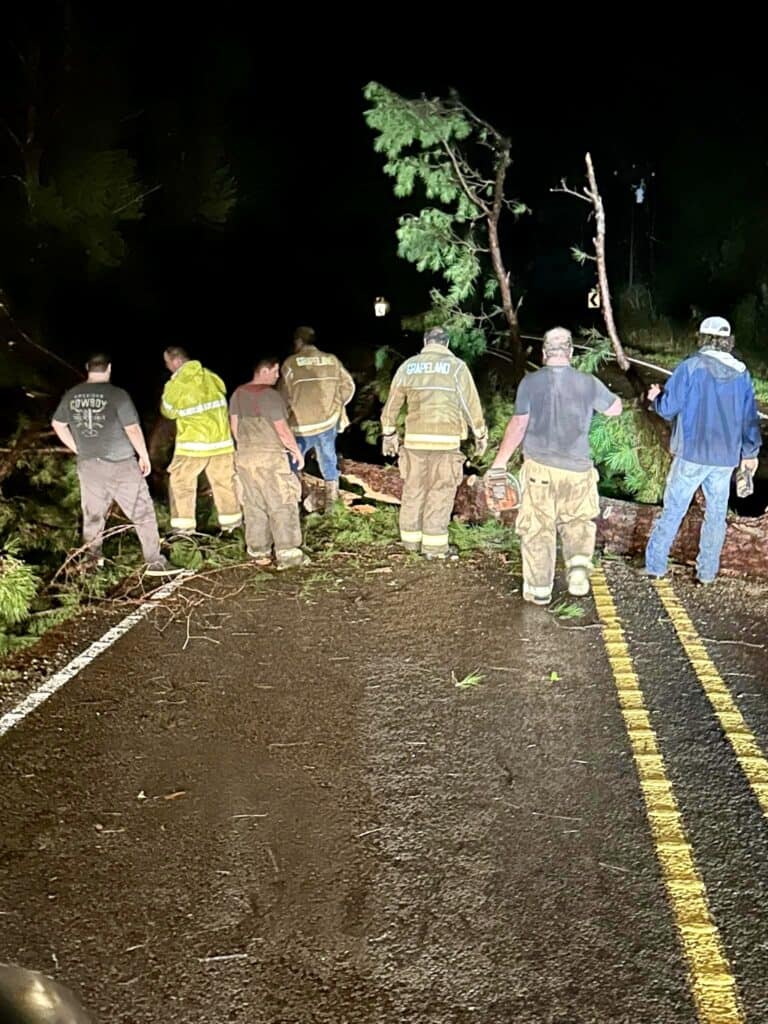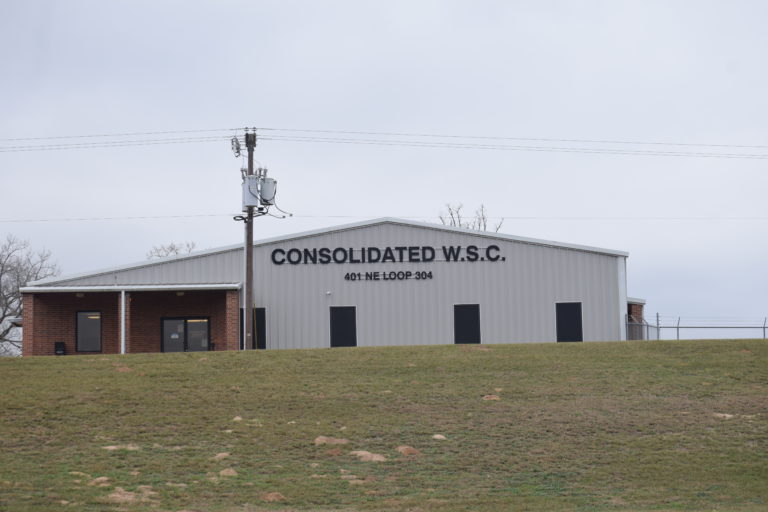‘I Always Feel Like Somebody’s Watching Me…’
January is National Stalking Awareness Month
By Sarah Naron
Messenger Reporter
In honor of January being designated National Stalking Awareness Month, U.S. President Donald J. Trump released a statement early last week.
“All Americans deserve to live their daily lives free of fear of physical violence,” Trump stated. “Unfortunately, perpetrators of stalking rob too many Americans of this right depriving them of privacy and freedom in ordinary activities like spending time at home or communicating with loved ones.”
Statistics show that more than seven millions are affected by stalking on an annual basis. Of these victims, nearly half report being subjected to unwanted contact by the perpetrator at least once weekly. It is reported that one in 10 victims of stalking have been stalked by the same person – typically by an intimate partner or someone else known personally to the victim – for a period of five years or longer. While roughly 76 percent of stalking victims in America are female, at least one in four are male.
Technology such as cell phones and social media are frequently misused by stalkers to manipulate the lives of their victims. The perpetrator may use GPS, video cameras or listening devices to keep tabs on the victim.
“My Administration has taken and continues to take a strong stand against crime in the United States,” President Trump further stated. “During Stalking Awareness Month, we reaffirm our commitment to learning more about stalking, supporting the victims of this serious crime and holding perpetrators accountable.”
According to Lt. Ronnie Howell of the Grapeland Police Department, stalking does not appear to be a prevalent crime in the local areas. During the two years he has worked for the Grapeland PD, he reported that no cases have been filed, while he estimated filing three to four during his nine years in Anderson County.
“What we see more than anything is harassment, and it’s usually ex-boyfriends, ex-girlfriend, ex-husbands and ex-wives,” he explained.
When such cases are reported to the Grapeland PD, the victims are encouraged to refrain from having personal contact with the perpetrator.
“Usually, it’s over the phone or Facebook or Twitter, and we tell them (not to have any) face to face contact,” Lt. Howell said. “Don’t go out and talk to them. Let us do that.”
Howell added that anyone receiving harassing messages via text or social media is urged to show the messages to law enforcement officials upon reporting the incident. In addition to avoiding contact with the perpetrator in person, victims should not reply to any messages.
“Once the perpetrator knows that law enforcement is involved, we can usually diffuse it quite quickly, unless there’s something like an underlying mental illness,” Lt. Howell said. “I’ve never seen very extreme cases of it. Usually, once we get involved, we diffuse it.”
Howell stressed the importance of harassment and stalking victims reporting every single occurrence to the department.
“If we don’t know it, we can’t be effective in helping you,” he pointed out.
Howell explained that a general rule of thumb during his employment in Anderson County was that after more than one report of harassment was reported by the same victim against the same perpetrator, a stalking charge was filed.
“If it’s telephone harassment, it might take a little bit more than that to file a stalking charge,” he said. “But in any case, multiple harassment occurrences need to be reported.”
In addition to notifying law enforcement, victims should document all occurrences and obtain copies of any police reports, as this information will prove helpful in filing a protective or restraining order.
“If people are not going to come tell the police, they need to tell somebody,” Lt. Howell continued. “Tell a friend, a co-worker, a family member.”
Lt. Howell also warned against posting too much personal information on Facebook and other social media sites.
“Increase your personal protection,” he suggested. “Don’t go anywhere alone, if you can help it. Take a friend or family member with you.”
Howell also recommended that victims park their cars in locations which appear to be most secure in a given area.
“I don’t guess there’s any one location that’s more secure than another when it comes to somebody who is really out to get you,” he said. “But the more populated areas where people are – where if you scream or blow a whistle, they can hear you – are probably going to be safer.”
Howell cited the entrance of a business or near a security booth in a mall parking lot as potentially safer places to park.
“At home, you might want to invest in a security system,” he suggested. “Don’t leave your car doors, your home or your garage unlocked. Don’t open your front door without knowing who’s out there first.”
If someone who has been harassing or stalking a victim appears at their home, the victim is encouraged to obtain a photo to document the occurrence.
“If the guy or gal is parked outside your house, open a window and try to get a picture of them in that setting,” Lt. Howell said. “Because that’s proof positive right there that they were at that location right then.”
Also suggested by Lt. Howell was taking a self-defense class or carrying pepper spray or a whistle at all times.
“I think that the biggest mistake you can make is just to allow someone who’s stalking you or harassing you to continue to do it and just leave it unreported,” Lt. Howell said. “Because that’s when the big problems occur.”
According to Howell, stalking is a third degree felony in the state of Texas. In the event that a perpetrator has been previously convicted, the offense becomes a second degree felony.
Sarah Naron may be reached via email at [email protected].






